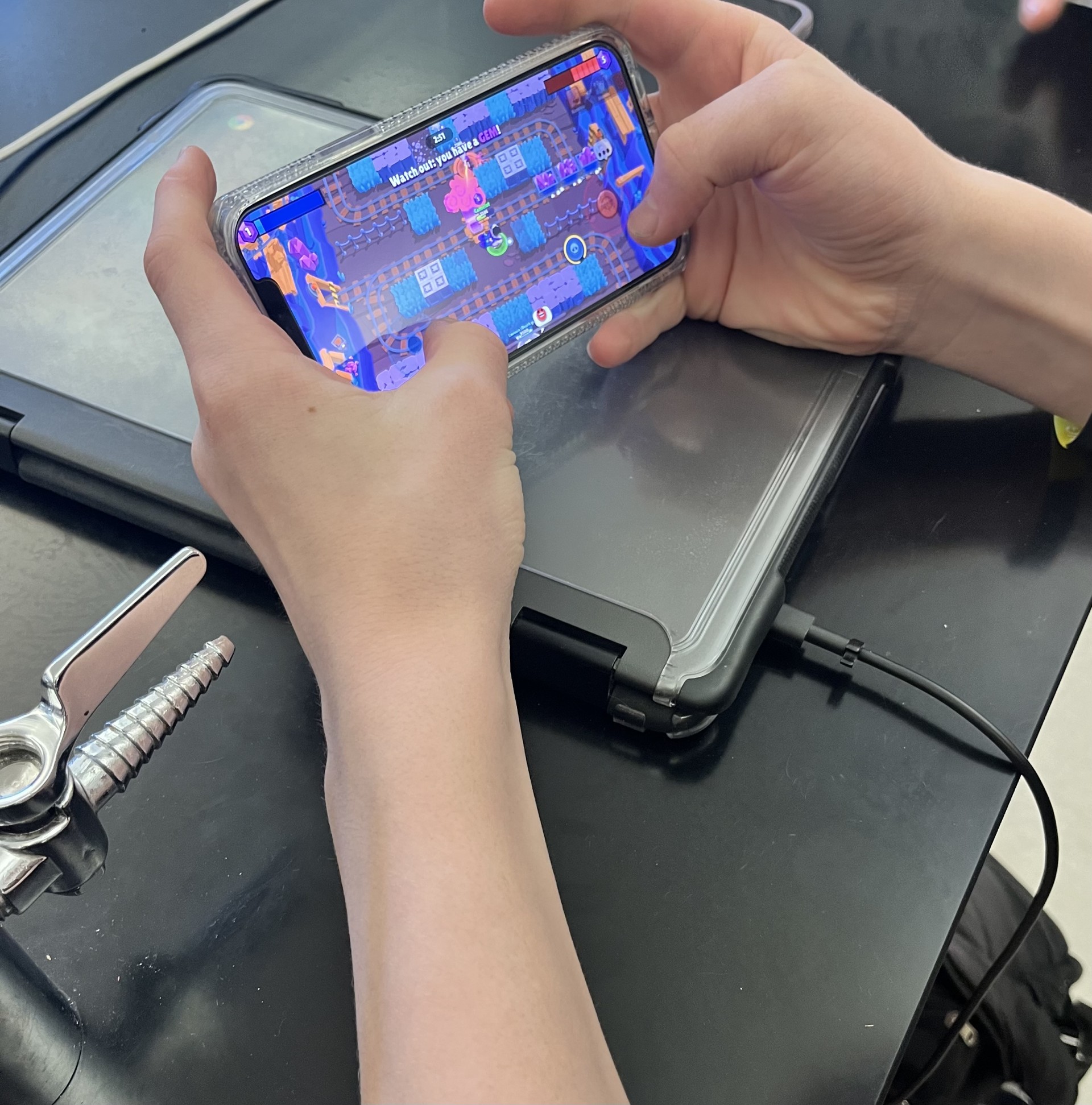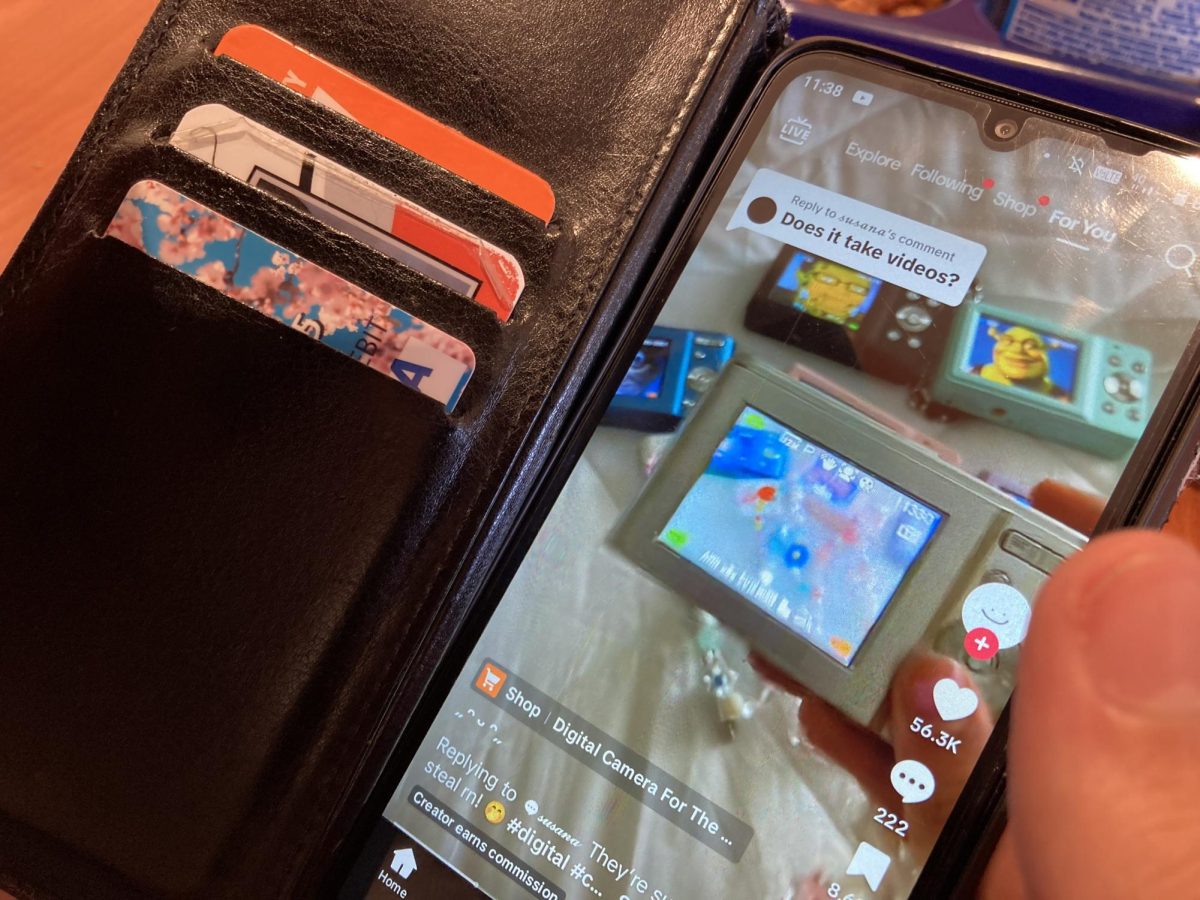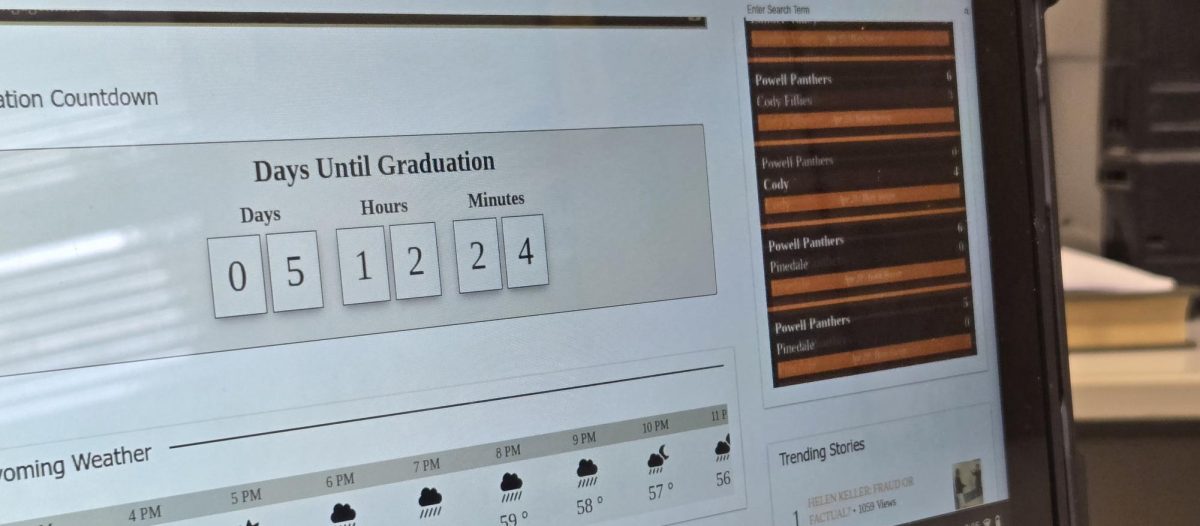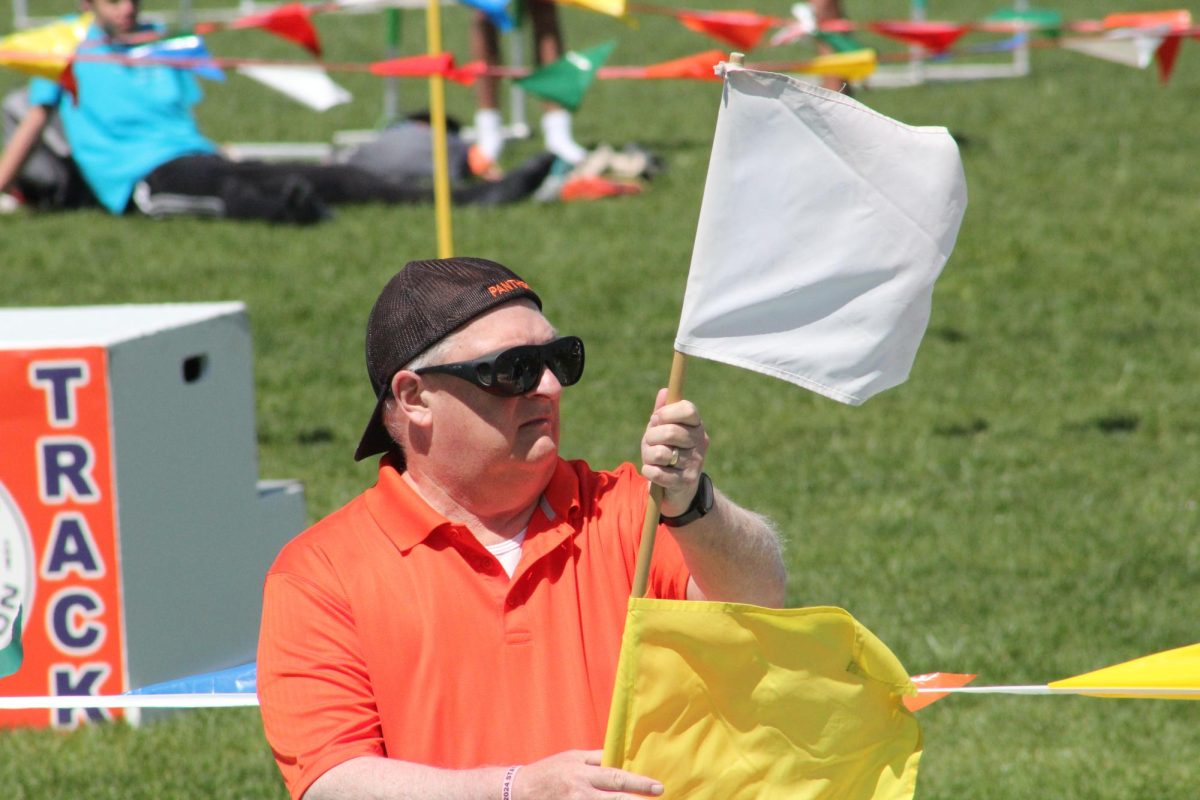The average teenager spends an average of 8-12 hours playing video games per week. That is about 520 hours a year. With all of that time spent playing games, how does that affect students’ grades and the amount of time they use to do their homework and school work?
“Video games derive attention from other students, causing them to slack off and procrastinate their work, and therefore their grades will be slipping,” sophomore Ashton Anderson said. “I am ashamed to admit this, but I do spend more time going to video games than on my school work, which is why my grades are useless.”
Video games derive attention from other students causing them to slack off and procrastinate their work, and therefore their grades will be slipping. I am ashamed to admit this, but I do spend more time going to video games than on my school work, which is why my grades are useless.”
— sophomore Ashton Anderson
While it can be fun to get your game on, it is always important to remember to keep grades up. Video games can lead to a lack of motivation, especially when it comes to academics. In today’s society, technology is a key player and is used almost every day. In the United States, at least 53% of homeowners have access to video games.
According to Anand’s survey, gaming addictions and habits had a very negative impact on students’ SAT and GPA scores. There was a direct correlation showings that scores decreased when game time increased. Besides game time, another negative impact on gaming is the money spent.
The estimated amount of money spent altogether is about 56 billion dollars just from 2022. Each household (depending on the size) spends around 84 dollars a month or more.
“Before I limited myself, I was gaming about eight hours a day,” senior Liam Atkinson said. “There was this one game that required microtransactions where you used money to buy stuff; I spent about two grand on that game.”
Before I limited myself, I was gaming about eight hours a day. There was this one game that required microtransactions where you used money to buy stuff; I spent about two grand on that game.”
— senior Liam Atkinson
Gaming takes away the ability to focus, especially at school. Numerous students play games during class, whether it be on their phones, Chromebooks, or gaming PCs. It can be a big frustration for teachers who are trying to teach while the students focus on their screens.
“There are students that play video games so much, it almost becomes an obsession, and they’re not exploring other interests,” biology teacher Mrs. Lenita Moore said. “Just like what happens when you don’t use it in moderation or when you use it at a time when you should be doing something else.”
Next time anyone picks up a controller, remember to balance academics as well. Keep gaming on but don’t forget to hit the books too.















